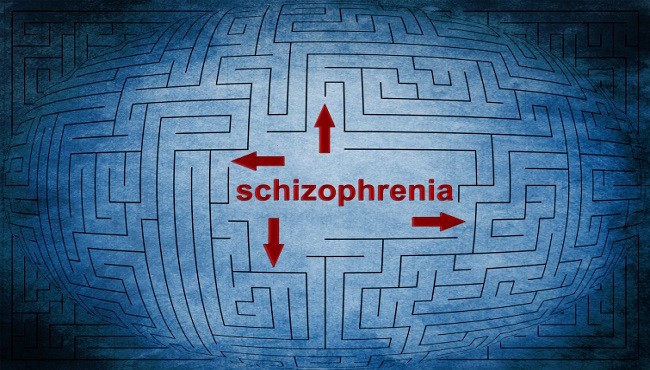Contents:
- Medical Video: 16 Little-Known Facts About Dreams Sleep Experts Decided to Share
- 1. You can't reply to your bedtime
- 2. The brain does not rest while sleeping
- 3. You need to go through various stages of sleep to dream
- 4. In general, dreams are hard to remember
- 5. However, conditions like this make dreams easier to remember
- 6. People you see in dreams you've seen in real life
- 7. The blind person dreams not based on his vision
Medical Video: 16 Little-Known Facts About Dreams Sleep Experts Decided to Share
People say, dreams are the flower of sleep. Yes, dreams occur when we sleep so dreams are very closely related to sleep. There are so many mysteries related to sleep and dreams that you may not have known before. Want to know what are the facts about sleep and dreams? Find out here.
1. You can't reply to your bedtime
If you feel lack of time to sleep, many people 'respond to' that lack of sleep time by sleeping longer at a later time. But, actually this can't. Less sleep times cannot be paid for. Sleeping longer is a waste. Adults generally need 7-9 hours of sleep a night for optimal performance, health and safety results.
2. The brain does not rest while sleeping
During sleep, your brain organs still work. The brain will replenish its energy when you sleep and still control many bodily functions. The proof, you can still breathe while sleeping and you can dream while sleeping.
3. You need to go through various stages of sleep to dream
Sleep has many phases, from the non-REM phase to the REM phase (rapid eye movement) Usually this happens for about 90 minutes until the REM phase. The non-REM phase is the phase where you are just starting to sleep, when you are sleepy and you are still easily awakened. While the REM phase is the phase when you have slept well and are more difficult to wake up. It is in this REM phase that you usually dream.
4. In general, dreams are hard to remember
When you dream, that is during the REM phase when you sleep soundly, the body can turn off the system in the brain that is responsible for creating memories. This might make it difficult for you to remember dreams. Usually you may only be able to remember your last dream before you wake up. This is natural, because before waking up certain parts of the brain function have been reactivated,
After all, if you can remember every detail of your dream, maybe this will complicate your life. You become unable to distinguish between dreams and real events. However, we can actually recall dreams later on.
5. However, conditions like this make dreams easier to remember
Actually, we don't really forget dreams. Dreams can be stored in our memories and we can remember them again. It's just that we don't know how to access dreams anymore. The following are some things that can affect your ability to remember dreams:
- You wake up without an alarm. You are more likely to remember dreams if you wake up naturally without the help of an alarm.
- You intentionally want to remember your dream. Before going to bed, you remind yourself to remember your dreams. You are more likely to remember your last dream in the morning.
- Remember your dreams again. You will find it easier to remember your dreams later, not after you wake up.
6. People you see in dreams you've seen in real life
Maybe you've dreamed of meeting someone you've never known or never seen before. Then, you wonder, who is he? Is he a ghost? Ah, that just seems to be your mind. Actually the people you meet in dreams are people you have known or have seen before.
Although, maybe you don't remember that, but your brain remembers it and shows it in your dreams. According to the journal Trends in Cognitive Sciences, there is evidence to show that there are areas in the brain that are very active during REM sleep which are also responsible for facial recognition.
7. The blind person dreams not based on his vision
Have you ever asked how blind people dream? Is it the same as a normal person? People with visual impairments since childhood can still dream, but not based on the sense of sight. Their dreams depend on other senses, which they have been able to feel. However, blind people who can previously see can still experience dreams with visual images based on what they have seen.












